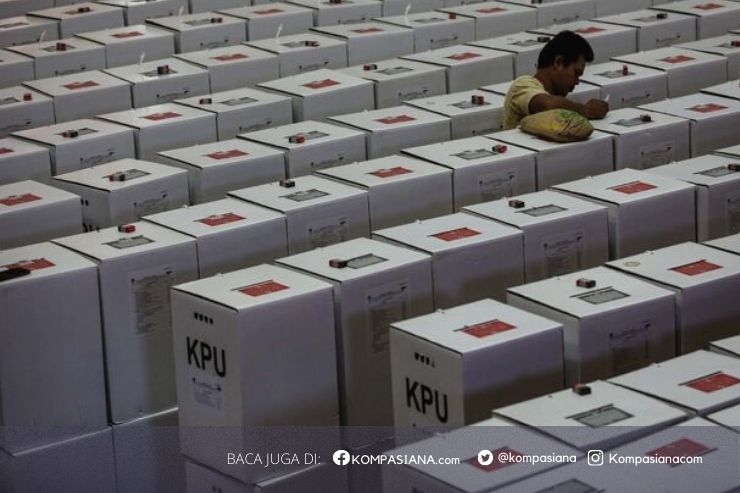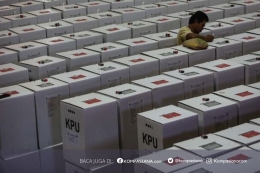Effective long-term monitoring and evaluation (M&E) frameworks are essential for assessing the success of HR quality improvement initiatives and ensuring their sustainability. Stepanova et al. (2020) discuss the implementation of HR competency frameworks in corporate sectors, emphasizing the use of key performance indicators (KPIs) and continuous feedback loops as critical tools for long-term evaluation (Stepanova et al., 2020).
Ahmad and Schroeder (2019) highlight the importance of integrating HR analytics into M&E frameworks, allowing organizations to assess workforce performance comprehensively. Their study demonstrates how predictive analytics can guide strategic HR decisions, improving both employee engagement and organizational outcomes (Ahmad & Schroeder, 2019).
Chikumbi et al. (2018) advocate for participatory evaluation methods, which engage stakeholders in setting objectives and reviewing outcomes. Such frameworks, particularly when applied to HR quality initiatives, create alignment between organizational goals and workforce development (Chikumbi et al., 2018).
Maclean et al. (2018) propose a competency-based evaluation model that focuses on aligning employee skill development with organizational needs. Their approach underscores the value of adaptive frameworks that evolve alongside dynamic business environments (Maclean et al., 2018).
Rajasekar and Piekkari (2020) present a case study on multinational organizations, illustrating the importance of cross-cultural considerations in designing HR evaluation frameworks. Their findings emphasize the need for culturally adaptable M&E systems to ensure global consistency in HR quality assessment (Rajasekar & Piekkari, 2020).
Recommendations For Further Research On Integrating HR Development With Other Aspects Of Global City Planning
The integration of human resource (HR) development with global city planning is an emerging area of research requiring interdisciplinary frameworks and holistic strategies. Lawelai and Nurmandi (2023) propose a framework combining organizational strategy and HR management within smart cities governance, emphasizing the need for aligning HR policies with broader urban sustainability goals (Lawelai & Nurmandi, 2023).
Chakravarty et al. (2021) identify gaps in global city research, particularly in the integration of HR strategies with economic and spatial planning. They suggest a multi-disciplinary approach to explore the role of multinational enterprises in urban talent ecosystems (Chakravarty et al., 2021). Medeiros and van der Zwet (2020) discuss integrated strategies for sustainable urban development, showcasing lessons from European cities on combining HR initiatives with urban governance (Medeiros & van der Zwet, 2020).
Rode (2016) examines compact city strategies in London and Berlin, highlighting the role of integrated urban planning in aligning transport, city design, and HR development to improve efficiency and equity (Rode, 2016). Meanwhile, Collings (2014) focuses on global mobility and talent management, calling for research into the strategic opportunities that emerge from the integration of HR development with global urban priorities (Collings, 2014)
REFERENCE
Afendi, A. R., Ramli, A., & Sudadi, S. (2024). Rector's strategy creates a global competitive person. Jurnal Pendidikan Global, 8(1), 45-59.







